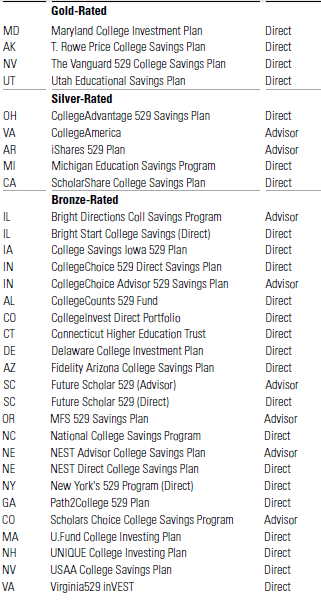A. Try the following ways:
1. Find your online profiles first
For the above sites, when you enter your name, you will find your age, relatives' names and previous addresses, as well as links to old news stories, and even how people are saying about you on social media (Topsy).
2. Fix Your profile by yourself
First, beef up the privacy settings on your social media feeds and delete any old Flickr account.
Second, opt out from information sharing sites (spokeo.com/optout, beenverified.com/optout). Ask Google to delete the malicious site that contains your private information from its search results (http://support.google.com/websearch/troubleshooter/3111061).
Third, create a Google Alert on your name (http://www.google.com/alerts)
Fourth, build activate and updated websites or pages about yourself, so you can push the older profile sites down the search results displays. You can get a website with your firstname.lastname.com from 1and1.com for only $1.99 (it often runs promotions), and build it free at Weebly.com
3. Get a Pro to help
A Pro can get bury your negative posts faster and deeper than you can. Try Reputation.com or Removeyourname.com.


 RSS Feed
RSS Feed
